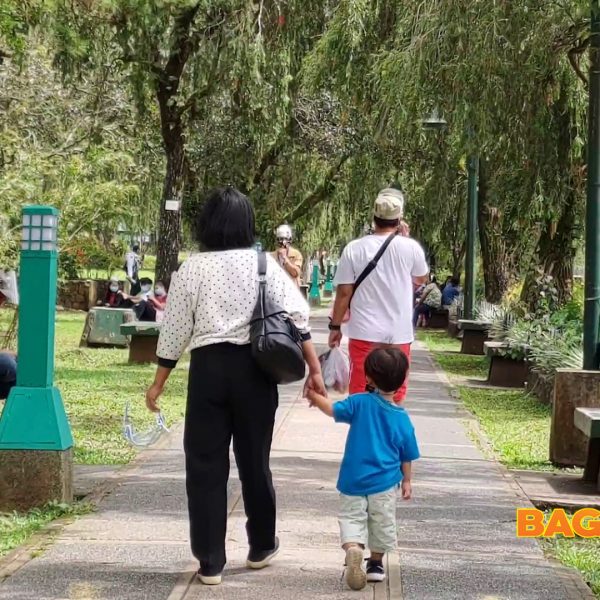Like Humans, Chimpanzees Get Selective Socializing During Aging, Study Shows
A study made by a group of researchers, which includes researchers from the Harvard Department of Human Evolutionary Biology, has shown what is believed to be the first evidence of nonhuman animals selecting who they socialize with during aging.
When humans age, they tend to:
- Favor small circles of meaningful, established friendships rather than seek new ones
- Lean toward positive relationships rather than ones that bring tension or conflict
“As humans age, we prioritize established positive friendships over the new, but risky, socializing we do when we are young. It has been hypothesized that this shift may come as our own sense of mortality kicks in,” stated in the study.
It was thought that such behaviors are unique to humans. However, it turns out that one of our closest living relatives, the chimpanzees, have these traits as well.
“The really cool thing is that we found that chimpanzees are showing these patterns that mirror those of humans.”
– Alexandra Rosati, an assistant professor of psychology and anthropology at the University of Michigan, one of the lead authors
78,000 hours of observations have been made between 1995 and 2016 for this study and social interactions of 21 male chimpanzees between 15 and 58 years old in the Kibale National Park in Uganda have been looked at.
Since male chimpanzees show stronger social bonds and have more frequent social interactions compared to the female of their kind, they are the only ones researchers have looked at for the study. As the researchers analyzed the data, they saw that the chimpanzees displayed much of the same behavior aging humans exhibit.
The proximity and grooming habits of the chimpanzees are some of the observations that led them to their conclusions. By looking at grooming habits, they saw that the older chimpanzees devote more energy to their relationships with mutual friends.
“Older chimps preferred sitting close to those who preferred sitting close to them. These are categorized as mutual friendships, while one-sided friendships are when one chimp prefers sitting close to another chimp but that other chimp doesn’t share that habit,” explained Harvard University.
Since chimpanzees and humans are already a lot alike when it comes to social organization and social choices, scientists weren’t entirely surprised by their findings. Chimpanzees, after all, share ninety-nine percent (99%) of their DNA with humans.
The origins of humans prioritizing close, positive relationships during aging and whether that is triggered the theory of socioemotional selectivity was tested in the study.
According to the researchers, this suggests that the central process that drives social selectivity during aging is the awareness that time is running out and wanting to make the best of what remains.
Although there is evidence of some sense of time among nonhuman animals, the researchers stated that it seems unlikely that they have the same impending sense of mortality that we experience.
“Even though chimps are very smart, they do not understand they’re going to die. Much more likely something else is going on in chimps to explain why their relationships become more positive as they get older, and then the question is, is what applies to chimps the same as what applies to humans?”
– Richard Wrangham from Harvard University on The Harvard Gazette, October 22, 2020
Thus, the findings of their study suggest that a different and deeper mechanism may be at play and that there is more to understand.
About the Study
The study about this discovery is called the “Social selectivity in aging wild chimpanzees”. It was published in the issue of the journal Science on October 23, 2020. The authors of this work are from the University of Michigan, Harvard University, University of New Mexico, Makerere University Biological Field Station, and Tufts University.
For More News and Updates
See more news and updates like this one by exploring our Baguio City Guide website and by liking and following our official Baguio City Guide Facebook page. You may also catch a variety of video content by dropping by our official Baguio City Guide YouTube channel.
Source: Harvard University, Science| Journal












